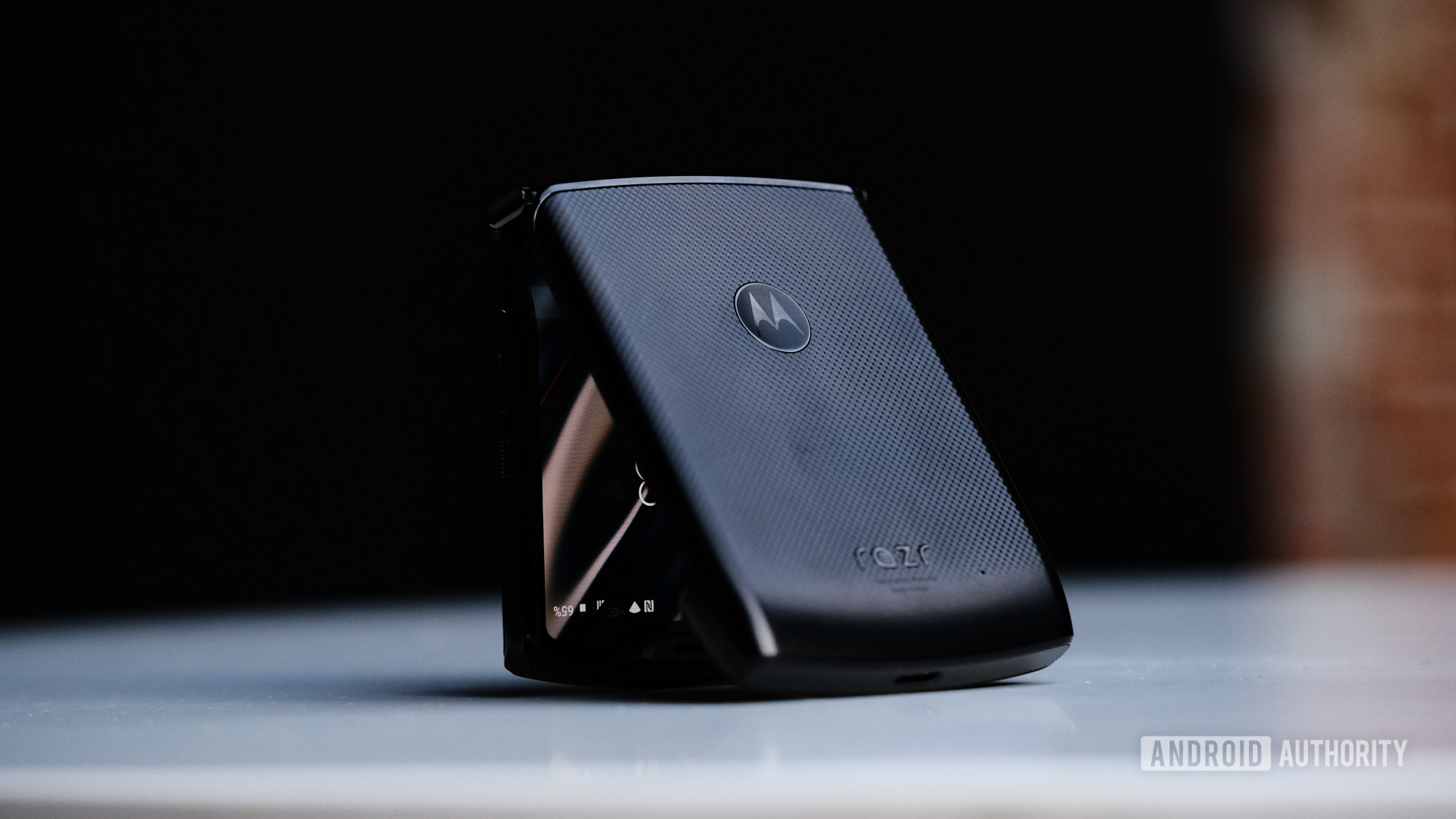
Update, March 5, 2020 (3:44AM ET): Huawei has entered a plea of not guilty on charges of racketeering filed against it by US prosecutors last month. According to Bloomberg, the company said that the new accusations are based on “recycled civil disputes from the last 20 years that have been previously settled, litigated, and in some cases, rejected by federal judges and juries.”
The indictment is “part of the Justice Department’s attempt to irrevocably damage Huawei’s reputation and its business for reasons related to competition rather than law enforcement,” the company argued.
The case will continue in the District Court of Brooklyn, New York. We’ll update this article as the matter progresses. You can also head to our dedicated US-Huawei trade ban hub to catch up on the latest updates.
Original article, February 13, 2020 (2:19 PM ET): Today, in the federal court in Brooklyn, NY, the United States Department of Justice filed its Huawei indictment. The superseding indictment papers formally accuse the Chinese technology company of various crimes, including violating the Racketeer Influenced and Corrupt Organizations Act (RICO), intellectual property theft, and conspiring to steal trade secrets from competitors.
That Huawei indictment is now publicly accessible. You can read it here (that’s a direct link to a PDF file).
Huawei has yet to make a statement on the formal indictment. However, it has repeatedly denied any wrongdoing over the years. Just recently, it denied allegations from the US that it uses secret backdoors to access mobile networks around the world.
Related: Huawei lashes out at US government, calls backdoor allegations illogical
The Huawei indictment itself is 56 pages long and filled with hard-to-understand legalese. However, here are some choice snippets we found:
- “…deliberate and repeated misappropriation of intellectual property of companies headquartered or with offices in the United States…”
- “To obtain the intellectual property of the Victim Companies, [Huawei] sometimes entered into confidentiality agreements with the owners of the intellectual property and then violated the terms of the confidentiality agreements by misappropriating the intellectual property for [Huawei’s] own commercial use.”
- “Huawei established a formal rewards schedule to pay employees of Huawei affiliates for stealing information from competitors based upon the value of the information obtained.”
- “To avoid and minimize the costs of potential civil and criminal liability in the United States, and therefore more easily establish and operate Huawei’s US business, the company engaged in a pattern of obstruction.”
With this Huawei indictment filed, it appears there will be no end in sight for the so-called Huawei ban which prevents US-based firms from working with the company. As such, don’t expect to see Google apps on any Huawei or Honor phones in the near future.
More posts about Huawei
from Android Authority https://ift.tt/2uIyuR2










































